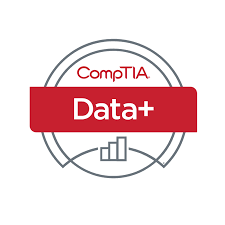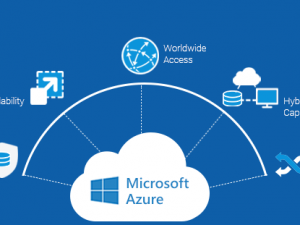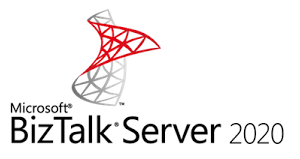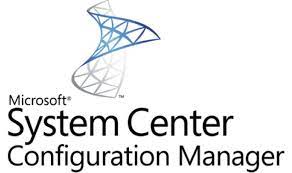Audience
This course is designed for individuals in various job roles who need to have basic knowledge and skills required to transform business requirements in support of data-driven decisions by mining data, manipulating data, applying basic statistical methods, and analyzing complex data sets while adhering to governance and quality standards throughout the entire data lifecycle
Prerequisites
To ensure your success, you should be familiar with basic data management concepts.
Skills Gained
After completing this course, you should be able to:
• Identify the fundamentals of project management.
• Initiate a project.
• Create project plans, stakeholder strategies, and scope statement.
• Develop a work breakdown structure and activity lists.
• Develop project schedule and identify the critical path.
• Plan project costs.
• Create project staffing and quality management plans.
• Create an effective communication plan.
• Create a risk management plan, perform risk analysis, and develop a risk response plan.
• Plan project procurements.
• Develop change management and transition plans
• Assemble and launch the project team to execute the plan.
• Execute the project procurement plan.
• Monitor and control project performance.
• Monitor and control project constraints.
• Monitor and control project risks.
• Monitor and control procurements.
• Perform project closure activities
Course outline
Module 1: Identifying Basic Concepts of Data Schemas
Module 2: Understanding Different Data Systems
Module 3: Understanding Types and Characteristics of Data
Module 4: Comparing and Contrasting Different Data Structures, Formats, and Markup Languages
Module 5: Explaining Data Integration and Collection Methods
Module 6: Identifying Common Reasons for Cleansing and Profiling Data
Module 7: Executing Different Data Manipulation Techniques
Module 8: Explaining Common Techniques for Data Manipulation and Optimization
Module 9: Applying Descriptive Statistical Methods
Module 10: Describing Key Analysis Techniques
Module 11: Understanding the Use of Different Statistical Methods
Module 12: Using the Appropriate Type of Visualization
Module 13: Expressing Business Requirements in a Report Format
Module 14: Designing Components for Reports and Dashboards
Module 15: Distinguishing Different Report Types
Module 16: Summarizing the Importance of Data Governance
Module 17: Applying Quality Control to Data
Module 18: Explaining Master Data Management Concepts
Schedule
Click on the following link to see the current Course Schedule
Our minimum class-size is 3 for this course.
If there are no scheduled dates for this course, it can be customized to suit the time and skill needs of clients and it can be held online, at a rented location or at your premises.
Click on the following link below to arrange for a custom course: Enquire about a course date







Reviews
There are no reviews yet.